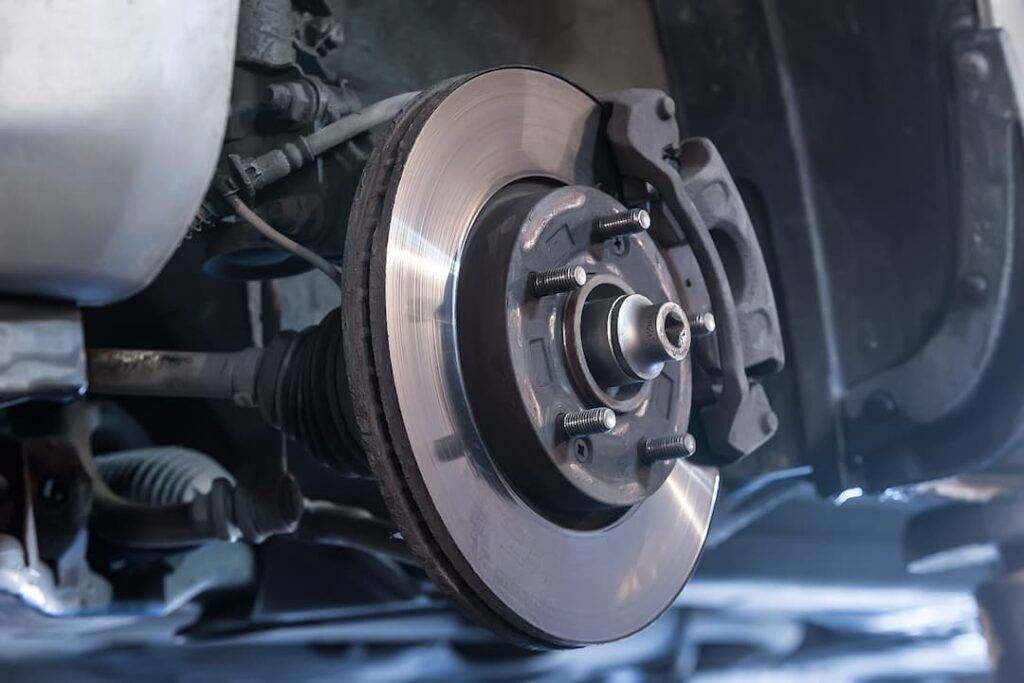A vehicle’s brakes are an essential component that enable drivers to reduce their speed and stop suddenly in case of emergencies. To keep you and other road users safe, it’s vital that your braking system is working optimally. In this guide, we discuss 6 signs that your brakes are unsafe. If you are experiencing any of the below issues, have your car inspected by a mechanic as soon as possible.
1. Your Brake Warning Light Is On
An illuminated brake warning light is a clear sign that something is wrong. Whether it be worn pads, or a more serious fault, don’t delay in taking your car to a garage. You should also avoid driving it until the issue has been fixed by a registered mechanic.
2. Leaking Fluid
A leaking vehicle is never a good sign. So, if you notice liquid that has escaped from your car, it’s sensible to have it checked over. If the leak is brake fluid, there may be a problem with the master cylinder or anti lock braking system, which can compromise your safety.
3. Unusual Noises When Using The Brakes
If your vehicle is making unusual sounds when you use the brakes, it could be an indication that your pads are worn out. Replacing brake pads is a relatively simple procedure for an experienced mechanic, so don’t delay in contacting a garage. You’ll be (safely) driving off into the sunset before you know it.
4. Vibrations In Your Steering Wheel
A steering wheel which judders or vibrates upon using the brakes is a clear sign of an issue. Usually, this means the pads are worn out, warped or in need of adjusting. As your car may be unsafe to drive, make sure you have it checked as soon as possible.
5. It Takes Longer For Your Car To Brake
If you’ve found that it’s taking your car longer to slow down, even after applying more pressure to the pedal, it could be a sign that your brakes are failing. This poses a massive safety risk, and requires urgent attention. You never know when you may need to make an emergency stop, and so it’s vital that you are able to bring your vehicle to a sudden halt if necessary.
6. Spongy Brake Pedal
A spongy or slack pedal is typically associated with air in the brake lines. If air gets into this system, it can prevent the brake fluid from flowing. This often results in a spongy pedal. Changing the brake fluid usually resolves this issue, and should be done sooner rather than later to ensure your vehicle is safe.
For Brake Repairs & Replacements, Contact Us Today
If you’re having doubts about the condition of your brakes, visit a professional mechanic as soon as possible. At A&S Tyres, we specialise in brake repair and replacements, and can return your vehicle to a safe, roadworthy standard. Please click here to get in touch.

